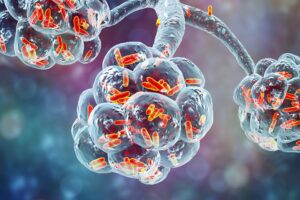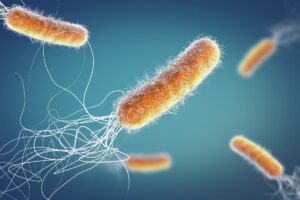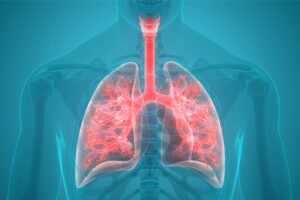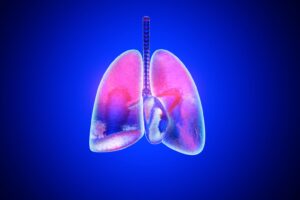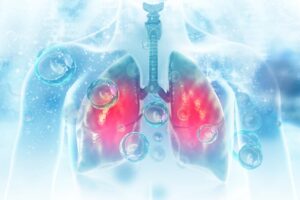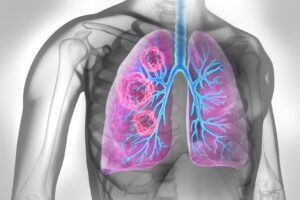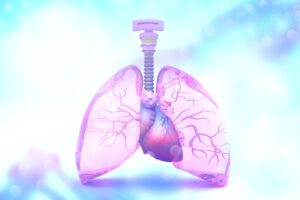Pneumology
Pneumology
The Integrative Microbiomics tool could potentially delineate subtypes of bronchiectasis and other heterogeneous respiratory diseases.
Pneumology
The manipulation of microbiota could improve the outcomes of infections in the respiratory tract cause by opportunistic pathogens.
Pneumology
A better understanding of the distribution and composition of airway microbiota could help to protect people against pneumonia.
Pneumology
Changes in one of the P. aeruginosa’s environmental sensing systems allow it to adapt to the environment of the lungs, causing chronic infections.
Pneumology
Researchers have found that lung bacteria could help to predict how well people in intensive care will respond to treatment.
Allergology, Pediatrics
The composition of the airway microbiota in early life could predispose to the development of asthma later in childhood, according to a new study.
Pneumology
A team of scientists of the Monash University in Melbourne reviewed the role of the lung and gut microbiota in respiratory health and disease.
Immunology, Pneumology
The gut microbiota help to maintain a first line of defense against influenza, while antibiotics can leave the lungs vulnerable, a new study claims.
Oncology, Pneumology
Lung bacteria can cause inflammation associated with lung cancer by activating the host’s immune system, researchers reported in the journal Cell.
Pneumology
The lower airway microbiota forms within the first 2 months of life, influenced by the gestational age at birth and, in premature babies, the delivery mode.


